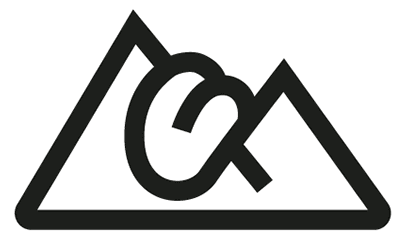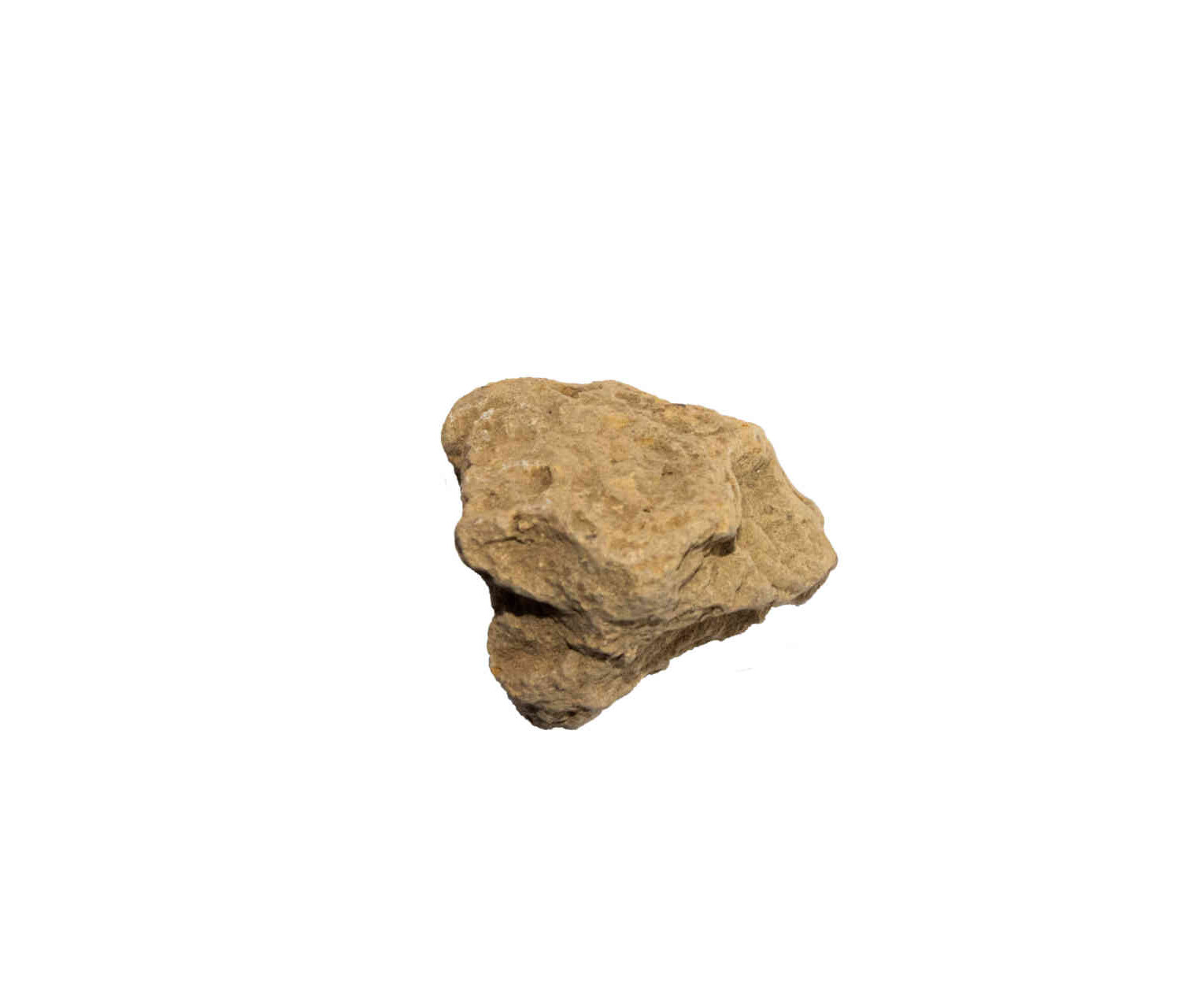Côte d’Ivoire – CI002A
Composition: Clay
Colour: Yellow
Shape: Raw
Uneven structure, very snacky, nice salty taste, creamy and sticky but also crunchy at some parts.
This sample was obtained by masharu and Ewurakua Ofori-Frimpong in the Central Market, Kejetia in Kumasi, Ghana in October 2019. It was sold along with the local Ghanaianedible clay, known as ayilo. According to the vendor, this earth had its origins in Côte d’Ivoire.
Online research showed that this sample might be known as calaba, which is usually available as a powder, a molded shape or a block. It is found predominantly in Nigeria and other West African communities. Although this geophagic material is native to Africa, as a result of the migration of West Africans, it can also be found in ethnic stores in the UK, Canada, and the US.
Calaba seems to be a generic umbrella term, which refers to different edible earth types and various interpretations of this term itself, such as calabar stone (English), la craie or argile (French), mabele (Lingala in Congo), nzu (Igbo of Nigeria), ndom (Efik/Ibibio Nigeria), eko (Bini/Edo Nigeria). It is also known as ebumba, poto, and ulo. In Ghana, it is known as shilè. It is a naturally occurring material composed of fossilized sea shells. However, it can also be prepared artificially by combining clay, sand, wood ash, and even salt. By molding and heating this mixture, calaba can be obtained. Like most clays eaten in Western Africa, it is often eaten by pregnant women.
Sources:
● ‘Calabash chalk’, Wikipedia (English), accessed on 10/06/2022 en.wikipedia.org
● ‘Le goût de l’argile’, by Giovanna Pessoa, CAIRN (French), accessed on 11/06/2022 www.cairn.info
Photo by masharu


This is super tasty! I think this could be sold in bars in a candy store
Lemon
Wet wool / wet dog
It is salty!! clearly incredibly salty mixed with the dryness creamy clay with is melting in mouth.